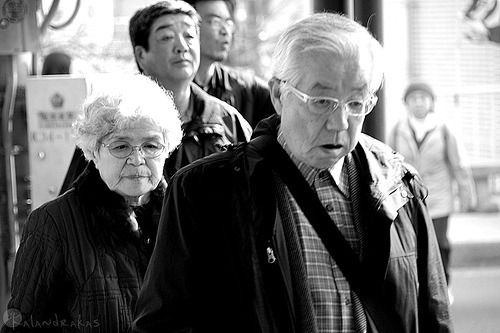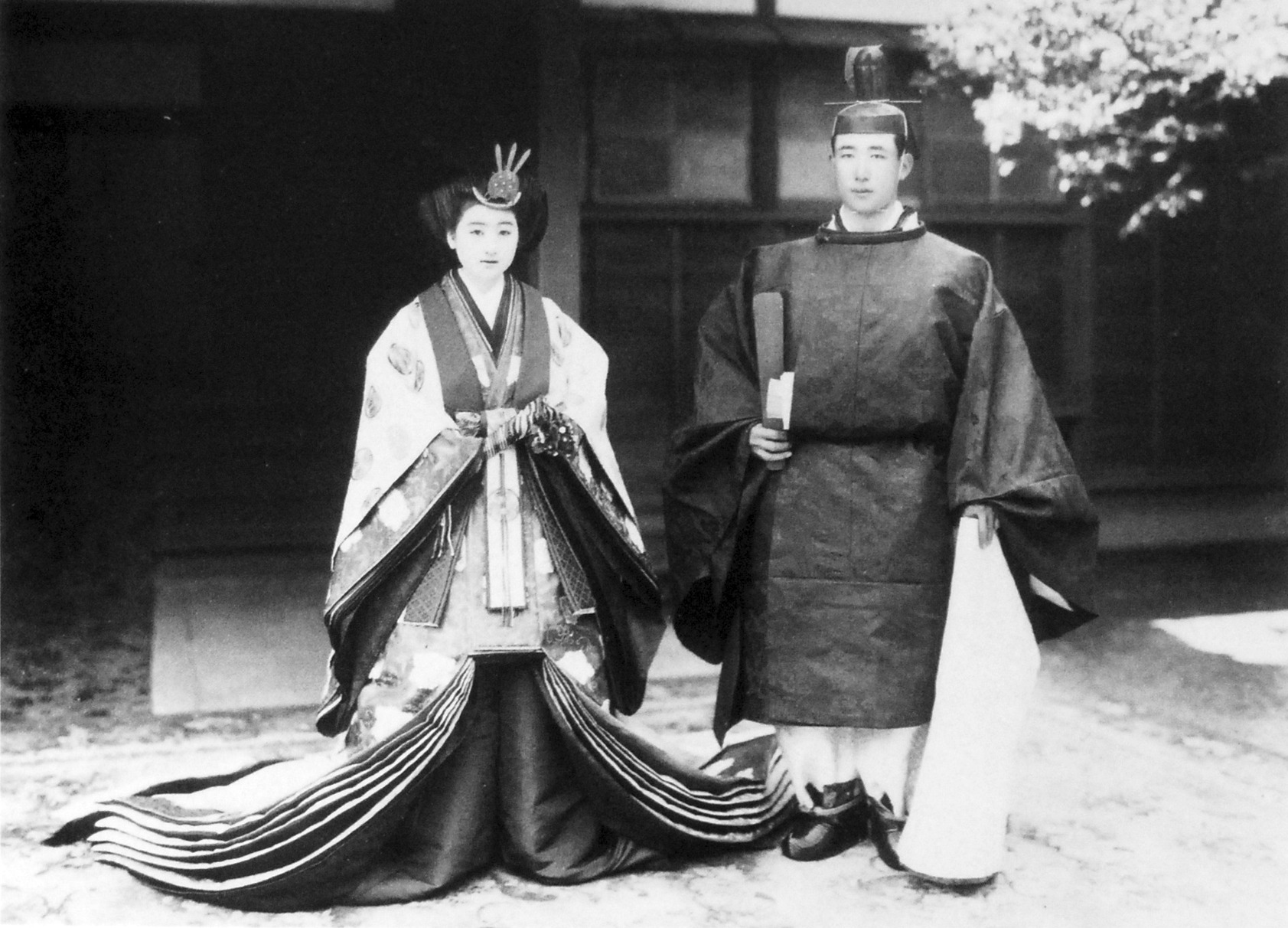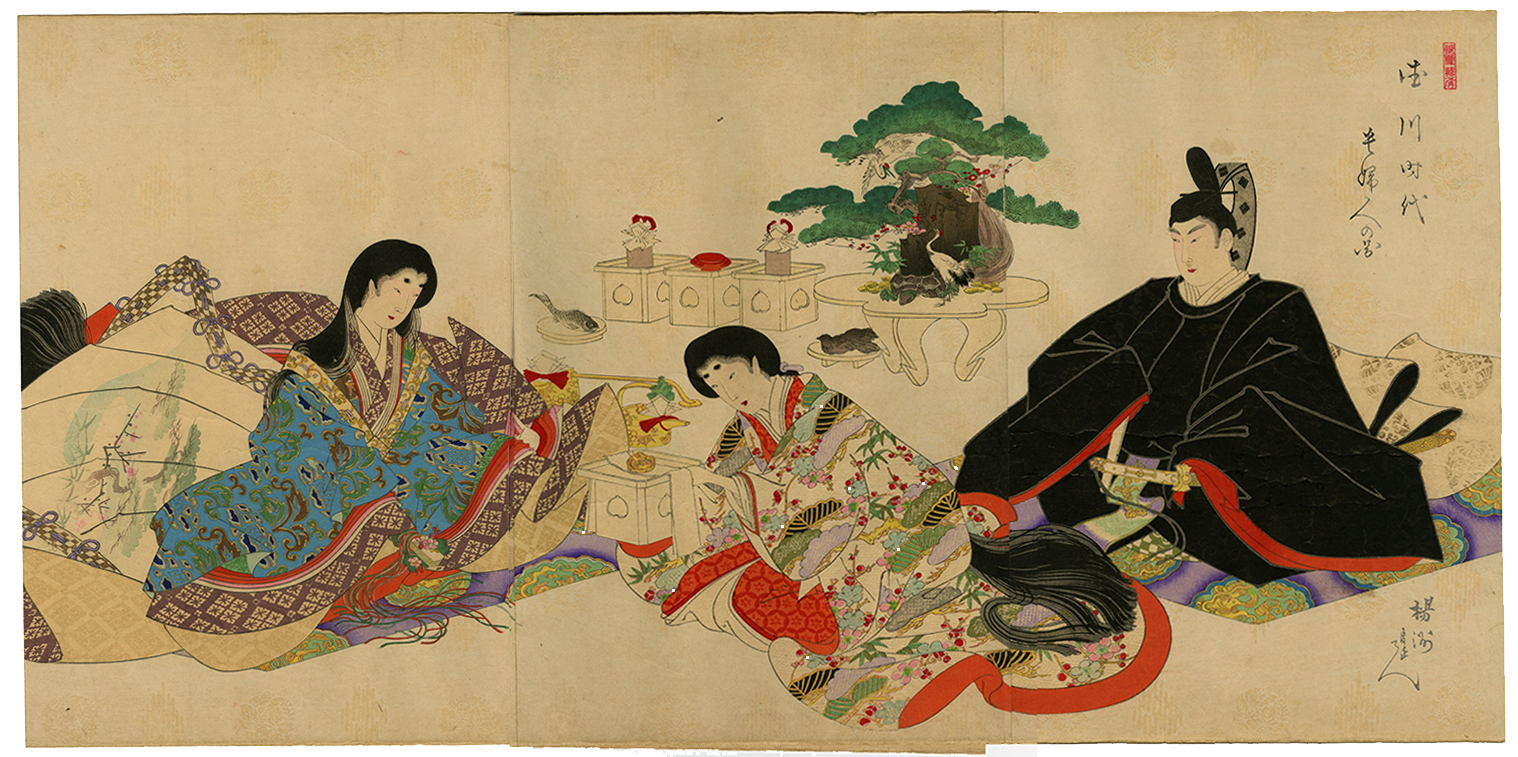It afflicts women in their 50s and 60s. It moves into their homes and makes demands on time, autonomy, and every aspect of daily life.
The retired husband.
 Japanese women of the baby boomer generation struggle with Retired Husband Syndrome (shujin zaitaku sutoresu skokogun). This syndrome is characterized by common symptoms caused by the added stress of taking care of a retired salaryman (Oda, n.d.). It is thought 60% of married older Japanese women suffer from this issue (Kenyon, 2006). Women from affluent background and are highly educated (often called professional housewives in Japan) are particularly vulnerable (Oda, n.d.) Symptoms include (Kenyon, 2006):
Japanese women of the baby boomer generation struggle with Retired Husband Syndrome (shujin zaitaku sutoresu skokogun). This syndrome is characterized by common symptoms caused by the added stress of taking care of a retired salaryman (Oda, n.d.). It is thought 60% of married older Japanese women suffer from this issue (Kenyon, 2006). Women from affluent background and are highly educated (often called professional housewives in Japan) are particularly vulnerable (Oda, n.d.) Symptoms include (Kenyon, 2006):
- Rashes
- Body Aches
- Ulcers
- High Blood Pressure
- Asthma
- Depression
- Feelings of Physical illness when near her husband.
RHS is linked to the nature of dynamics between work and family in Japan. Although it does appear in the West as well (Johnson, 1984). Men are expected to be breadwinners. Women are expected to run the household. If you want to learn more about gender dynamics you can read my articles on the gender expectations and the roles of women in modern Japan. Any way, when men retire, they often treat their family members as workers. Also because he was always at work, he is often a stranger to both the wife and children. The Japanese working male also loses his sense of identity when he retires. As such, he tries to discover a new identity through his household and wife. This leads to him basically being under foot and being clingy (Oda, n.d; Faiola, 2005).
Now, consider the woman’s point of view. She was the head of the household and often well educated. She was able to have time for friends and hobbies in addition to her wifely responsibilities. Suddenly, the husband is home all day, every day. He is making demands on her time and even making commands. Remember, the generation we are considering are patriarchal. That means he demands strict obedience (Oda, n.d; Faiola, 2005).
Possible Solutions to RHS
When you consider the causes of this problem, you can see the solutions. The syndrome can be helped by the husband making an effort to understand his wife’s needs. He needs to also not demand strict obedience. She carved out an identity independent of him. That identity needs to be respected. He needs to establish a new social network and identity independent of his family and wife. At the same time, the couple needs to get to know each other again.
Now, some of you may be wondering why not divorce? If it is bad enough to make the wife sick, why doesn’t she just walk?
Among the baby boomer generation, divorce is not culturally acceptable. Divorce used to mean she would also lose all financial support. However, this law changed in 2007. Divorce also strikes fear in the husbands who are often unable to care for themselves (Harden, 2007). This is added incentive to be nice to the wife, don’t you think?
Ishin Denshin
Some of the issues surrounding RHS involves an idea in Japan called ishin denshin. Ishin denshin is an idea that long-married couples have a deep spiritual affinity that allows them to understand each other without words (Oda, n.d.). While this can be sometimes true, the expectations of this idea adds more stress to the wife who suffers from RHS. She may feel out of sync with her husband. Ishin denshin also prevents the couple from discussing their mutual needs. They both assume they know what these needs are. As you can guess, they both get them wrong pretty often. Healthy relationships require communication, particularly when one spouse worked his life away and became a stranger to his own family. Without a foundation of communication, a couple can’t hope to understand each other. Ishin denshin is possible with a firm foundation of understand built over years of closeness and good communication, but the fact many women in both Japan and the West suffer from RHS shows the ideal is rarely attained.
Lessons for Us Younger Folk
Those of us who are dating or newly married can take away several lessons from RHS.
Autonomy is important. People need to have a sense of self that is separate from his/her significant other. Besides, who wants to be around someone who doesn’t have interests of her own?
Have an identity outside of work. Guys in particular have problems with identifying who they are with the work they do. Allowing a profession or job identify you sets you up for problems when you eventually retire or quit. A person’s sense of self is defined by who they are: their personality, ethics, interests, hobbies, and other factors beyond the work he does.
Communication is vital. Relationships are a daily effort that requires good communication by both parties. Assumptions cause no end of trouble. Communication is essential to understanding and relating to another person.
People change. The person you married or date will change with time. As we learn and age, we change how we think about things. Those changes can lead to us changing our sense of who we are. Constant communication is needed to keep a loved one from becoming a stranger.
Don’t demand obedience. A spouse is her own person with feelings, experiences, intelligence, and ideas of her own. Demanding strict obedience disregards the benefits she has to offer. It shuts down conversation before it starts.
Do not place work above relationships. Doing this will only strain and kill those relationships.
Retired Husband Syndrome is an unfortunate problem that can be prevented by grounding a relationship in mutual understanding and not allowing culture and work to override one of the most important relationships we can develop with another human being.
References
Faiola, A (2005). Sick of Their Husbands in Graying Japan. Stress Disorder Diagnosed in Many Women After Spouses Retire. The Washington Post. A01.
Harden, B (2007) Learn to be Nie to your Wife, or Pay the Price. The Washington Post. http://www.washingtonpost.com/wp-dyn/content/article/2007/11/25/AR2007112501720.html.
Johnson, C (1984). The retired husband syndrome. The Western Journal of Medicine. 141.
Kenyon, P (2005) Retired Husband Syndrome. BBC News. http://news.bbc.co.uk/2/hi/programmes/this_world/6143010.stm.
Oda, A (n.d.). Autonomy, Reciprocity, and Communication in Older Spouse Relationships.





